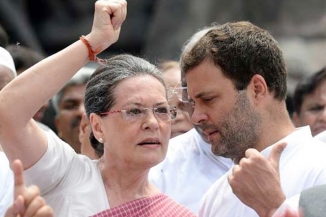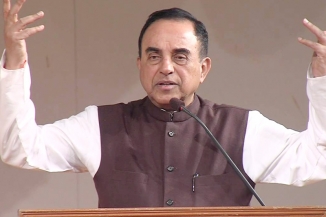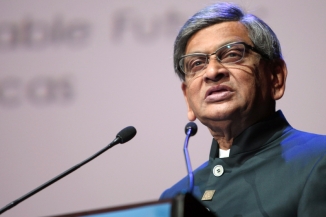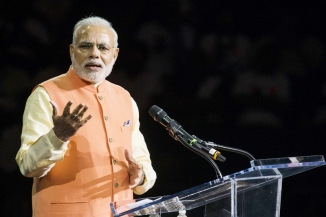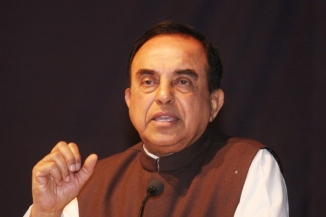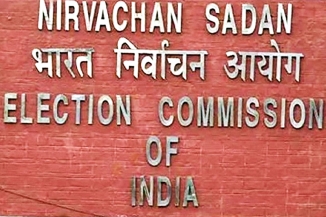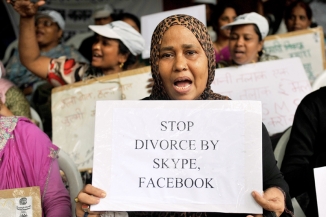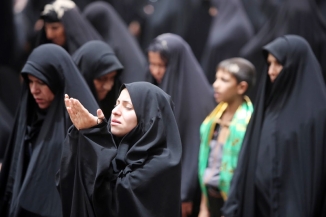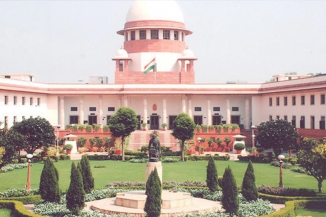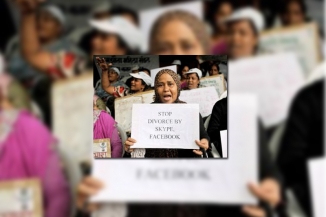
Many Muslims organisations, that had responded to its questionnaire on a uniform civil code, have opposed spontaneous triple talaq, Law Commission chairperson Justice B S Chauhan has said. Justice Chauhan said that the larger consensus was that spontaneous triple talaq, as is currently practised, is not in keeping with what was stated in the Shariat, that mandates a three-month iddat period meant for reconciliation and arbitration.
“While we are yet to tabulate the huge number of responses, one thing we have observed is that most people, even among the Muslims, have opposed the practice of spontaneous triple talaq. They have held that iddat period should be observed,” said Chauhan.
Chauhan said, “In December, Justice Mohammad Mustaq of the Kerala High Court delivered a judgment examining the validity of triple talaq and sent it to the Law Commission, referring the matter to us. Those who have been alleging that this exercise carries forward the government’s agenda should understand that with the court order, we are bound to examine the matter now.”
The high court judgment, favouring codification of Muslim divorce laws, stated that, “The empirical finding establishes that triple talaq as practised in India in almost all the case(s) is not by following Qur’anic injunctions and such practices are allowed in the name of religion, without its backing. The only way out for the State is to find out the meaning of rationale of the personal law and to regulate divorce in accordance with the purpose of law.”
“Why are we only talking of triple talaq? Except for certain matriarchal societies, such as those in parts of the Northeast, most women still have no right to agricultural land. We will be looking at gender justice in all aspects of personal law. Never before in India has any law commission sought responses from people. This was a first-of-its-kind experiment. In any developed country, law is made after consultation with stakeholders. After all, enforcement of law depends upon acceptability of law,” Chauhan said.
By Premji



